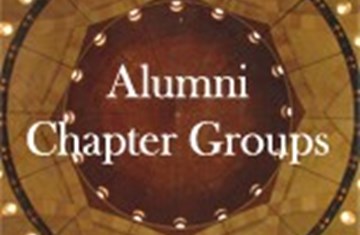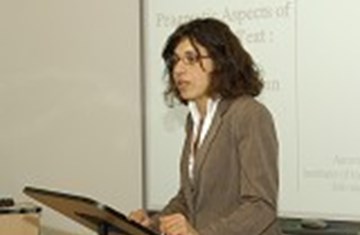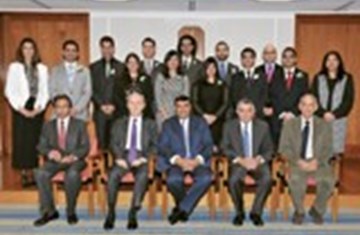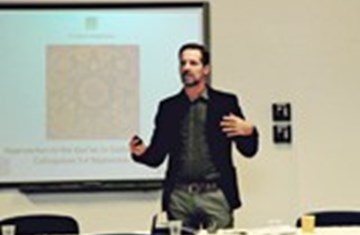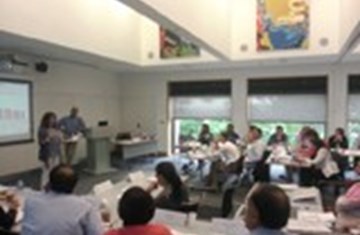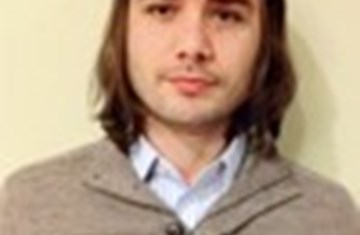IIS Co-Director Speaks at Manchester Metropolitan University
Professor Karim H. Karim, Co-Director of the Institute, gave a talk titled ‘The Ismailis: An Islamic Engagement with Modernity’ at Manchester Metropolitan University on 15 November 2010. The talk was organised by the University as part of their Multicultural Studies programme. Professor Karim’s lecture explored the Ismaili Muslim community’s engagement with modernity under the guidance of its present Imam, His Highness the Aga Khan.
A Shi‘i Muslim community, the Ismailis are led by the hereditary Imamate going back to Prophet Muhammad. Professor Karim noted that the community’s interaction with modernity has been within the framework of the Qur'anic and Shi‘i value systems which stress the role of the intellect, a strong social conscience and an ethic of pluralism. The present Imam sees his role as a guide to the community in the spheres of din and dunya, usually translated as spiritual and worldly matters. With a reference to the Fatimid dynasty, the rulers of Egypt, Syria and North Africa from the 10th to 12th centuries CE, Professor Karim brought out the historical continuity of the Ismaili Imam’s role in guiding the community within an Islamic framework.
A cornerstone of the talk was the exploration of the role of the Aga Khan Development Network (AKDN) both as a contemporary expression of Islam’s emphasis on social responsibility and as a key example of how Muslim communities can engage with and positively employ modern thought and practices within a framework of traditional values. In particular, the work of the organization in the areas of education and architecture was examined in-depth, bringing out the manner in which rapprochement between modernity and tradition is being achieved. Professor Karim noted that, partly as a result of these endeavours, a significant number of Ismailis are today able to lead a modern life with a deep consciousness of tradition and values.
The talk was well received and the audience raised a number of questions pertaining to the historical and contemporary Ismaili communities as well as the work of the AKDN.

